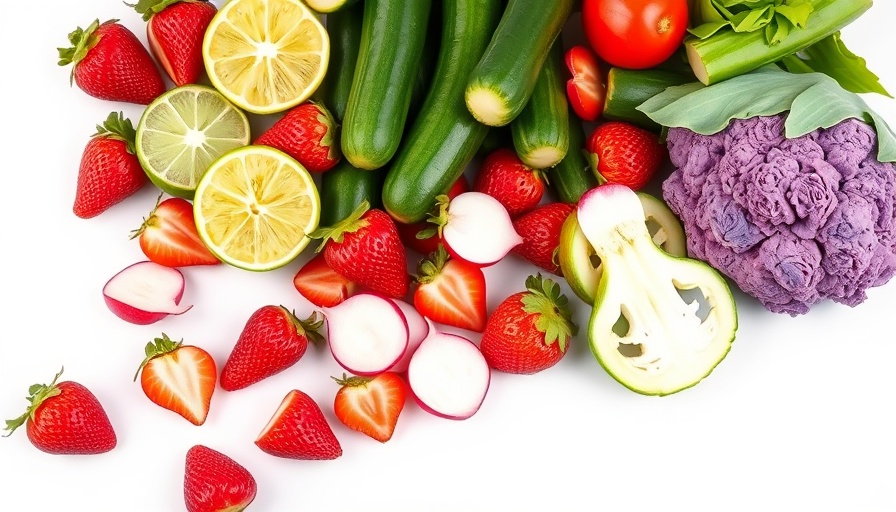
Understanding BDNF: A Key to Mental Health
Brain-Derived Neurotrophic Factor (BDNF) plays a crucial role in brain health, impacting the way we think, feel, and cope with stress. Emerging research highlights that low levels of BDNF are strongly linked to depression. Mental health challenges can significantly disrupt life, especially for men aged 35-55 who are often juggling professional roles and personal expectations.
Boosting BDNF Through Natural Methods
Fortunately, there are natural strategies to enhance BDNF levels. Two powerful methods stand out: exercise and proper nutrition. Just an hour of aerobic exercise a day can increase BDNF levels significantly within three months. This kind of physical activity is not just beneficial for physical fitness; it also sharpens cognitive function and enhances mood, attributes that are vital for professionals and fitness enthusiasts alike.
Exercise: The Ultimate Brain Booster
When our bodies are under stress, such as during exercise or fasting, our brains naturally ramp up BDNF production to ensure optimal function. This ancient survival mechanism is a testament to our bodies' ingenuity in keeping us mentally sharp. Engaging in regular exercise not only boosts levels of BDNF but also promotes overall mental well-being. The positive feedback loop created by exercise enhances mood and may help combat feelings of depression, making it an essential lifestyle component for mental health.
Nutritional Strategies for Higher BDNF
Dietary choices also play a pivotal role in enhancing BDNF. Foods rich in flavonoids, found in various fruits and vegetables, have been associated with reduced symptoms of depression. The Harvard Nurses’ Health Study highlighted that individuals consuming higher amounts of these nutrients exhibited a decreased risk of developing depression. Notably, sources like apples, red cabbage, and dark leafy greens are rich in these compounds.
The Surprising Benefits of Turmeric
Incorporating turmeric into your daily routine may also elevate BDNF levels. Just one teaspoon of this potent spice has been shown to boost BDNF by more than 50%. Given its long-standing use in various cultures for its health benefits, adding turmeric to meals can be an easy yet effective way to support brain health.
Nuts: Small Snack, Big Impact
Nuts are another excellent food choice for increasing BDNF. The PREDIMED study demonstrated that participants who consumed nuts regularly had a significantly lower risk of low BDNF levels. So, incorporating a handful of nuts into your diet can serve double duty—keeping your brain healthy while providing vital nutrients crucial for overall well-being.
Moving Towards a Healthier Mindset
Understanding how to boost BDNF levels naturally can be empowering. It’s not just about medications; lifestyle changes play a pivotal role in managing mental health. For men in their prime, integrating these strategies can lead to improved mood, cognitive function, and resilience against stress.
With the challenges many face today, it’s more important than ever to explore actionable insights for improving mental health. Simple changes in exercise routines and dietary choices can yield significant benefits. Start small—whether it’s adding a daily jog, experimenting with healthier meals, or including supplements that enhance mental performance.
Get Started on Your Journey
Taking steps towards boosting BDNF is an investment in your well-being. As you embrace these changes, consider meal planning with essential nutrients and seeking out men's health supplements that support brain function. Key proteins and testosterone-boosting foods can further enhance your mental and physical vitality. Remember, your brain’s health is just as critical as your body’s; prioritize both for a balanced, vibrant life.
 Add Row
Add Row  Add
Add 




Write A Comment